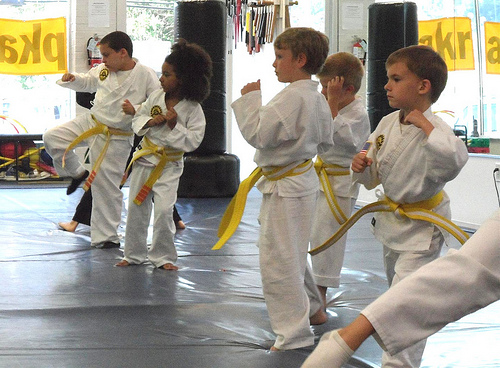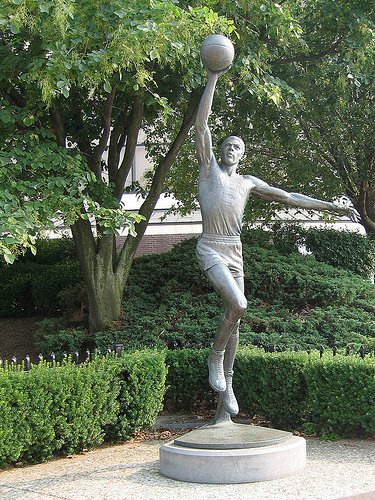Placing all our hope on material development is clearly mistaken; the ultimate source of happiness is within us. – Dalai Lama
What does that mean?
This is the age old statement, that our happiness is to be found not in the shiny things outside of us, but on the shiny things within us. No, not lost surgical tools, but on those aspects of ourselves which are joyful and luminous.
You have seen them, the people who seem to glow. They walk into the room, and you feel them. You turn and see them, and there is something about them. They are well aligned people. Some are malignant, but most are very happy with the better parts of themselves shining through.
There is a quote from Gandhi which says that happiness is when you are aligned in all aspects of your being. This quote extends that by reminding us that material things won’t bring happiness, despite what the commercials and ads say.
Why is looking within important? Continue reading















